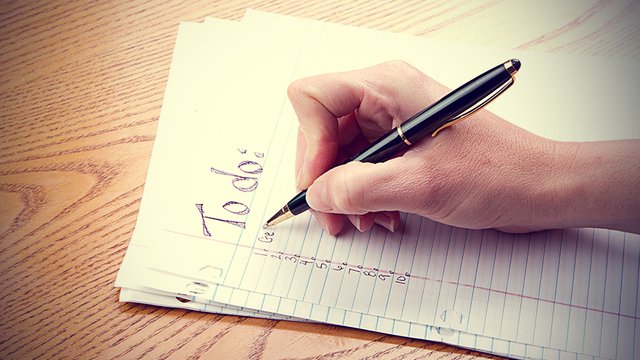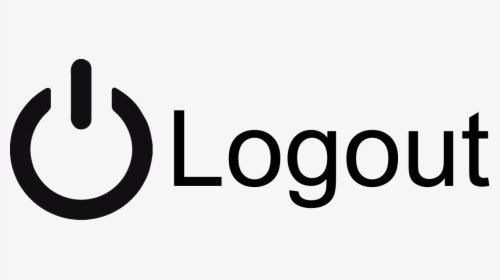12 Scientific Tricks to Stay Focused

Credits
Say ‘NO’ to multitasking
Sometimes staying busy on multiple fronts at the same time is unavoidable. But if you can, make sure it doesn't become a habit. A study carried out in 2009 by Stanford University proved that those who boast of being multitasking obtain poorer performance in attention and mnemonic tasks compared to non-multitaskers, and in situations in which it is asked to quickly pass from a cognitive ability to another. The ability to perform multiple tasks at the same time would be related to a difficulty in filtering irrelevant information. Not exactly the best for those who want to stay focused.

Credits
Step Out
Practicing physical activity regularly and with moderate intensity is also good for the brain: it improves mood, reduces stress and anxiety levels (deleterious to attention), maintains optimal blood pressure and - according to a study from Harvard University - stimulates the release of brain neurotrophic factor, a molecule that stimulates the growth of neurons and improves the survival of existing ones, with consequent cognitive benefits.

Credits
Make a to-do list
It will help you understand what your priorities are and not leave any remaining tasks unfulfilled. For the so-called "Zeigarnik effect" (from the name of the Lithuanian psychologist who theorized it) we remember more easily the incomplete or interrupted tasks than those already completed. Writing them down on paper (or on another memo) will help you stay focused on what you are doing; freeing your mind from the burdensome tasks ahead.

Credits
Drink coffee
When you are tired one of the best ways to regain concentration (especially, contrary to what is believed, if associated with a short nap). But be careful not to overdo it: too much caffeine makes you nervous and does not promote concentration. Moreover, you have to take it at the right time which is in the morning

Credits
Plan for breaks
Whether it's closing your eyes for a few minutes, going for a walk, having a chat with a colleague or watching kitten videos on the Internet, disconnecting from time to time is necessary. Psychologists from the University of Illinois asked 84 people to do computer work for an hour. Half were able to take breaks, the others were not. The performances of those who had "pulled straight" up to the end were poorer than those of the subjects returning from small "breaks", who maintained a constant concentration all the time.

Credits
Don't take work home
A moment of detachment from the end of the work to the next day is necessary. Even if you have left a situation unresolved in the office: studies show that moving away from one problem and thinking about something else stimulates creative thinking and helps to find more effective solutions. It is no coincidence that some brilliant ideas came right ... in your sleep.

Credits
Practice concentration
Some studies suggest that training the brain several times a week in the cognitive tasks we intend to enhance may have beneficial effects equivalent to those of a "gym for the mind". But not everyone agrees on the real effectiveness of brain training. A meta analysis published in 2013 suggests that these tasks only have positive effects in the short term: in other words, you only improve in that specific exercise, and not your overall skill. Other scholars think that such exercises enhance multitasking skills.

Credits
Find a quiet place
Environmental noises, such as those of cars in traffic or screaming children, stimulate the body to produce cortisol, the "stress hormone" that makes it more difficult to maintain focus. The louder the noises, the greater the amount of cortisol produced. Get yourself a pair of headphones and a compilation of classical music, or earplugs at best.

Credits
To everything its time
Setting specific time slots in which to perform certain tasks will relieve you of the need to make burdensome decisions. Try to decide, for example, that you will work from 10.00 to 12.00 before allowing yourself a break of half an hour. It could serve to reduce that cortisol, two hours of distraction that precede a challenging task.

Credits
Log out
Unless you work with the Internet, minimizing sources of distraction online will help you stay focused. Whenever you interrupt a job to look at your Facebook wall or retweet news, part of your attention will remain glued to the distracting task. For the same reason, if you want to stay focused, it is difficult to navigate between tasks.

Credits
Meditate
If it is true that you improve with practice, then meditation is one of the most suitable exercises for training concentration. A study from the University of North Carolina showed that 20 minutes of meditation a day for four days a week are enough to obtain cognitive benefits useful for staying focused.

Credits
Get a good sleep
Pulling up late on a deadline job probably won't help: one of the first symptoms of sleep deprivation is difficulty concentrating. Better to have seven to eight hours of rest between one busy day and the next.
I will be wrapping it up here watch out for my post. Thanks for reading!!